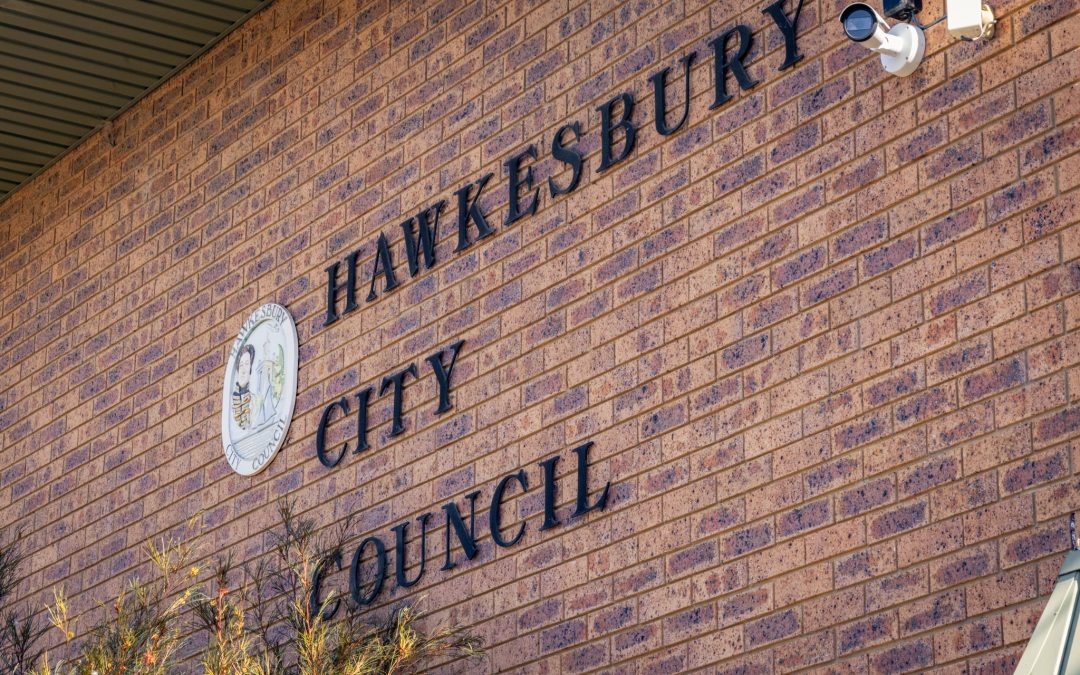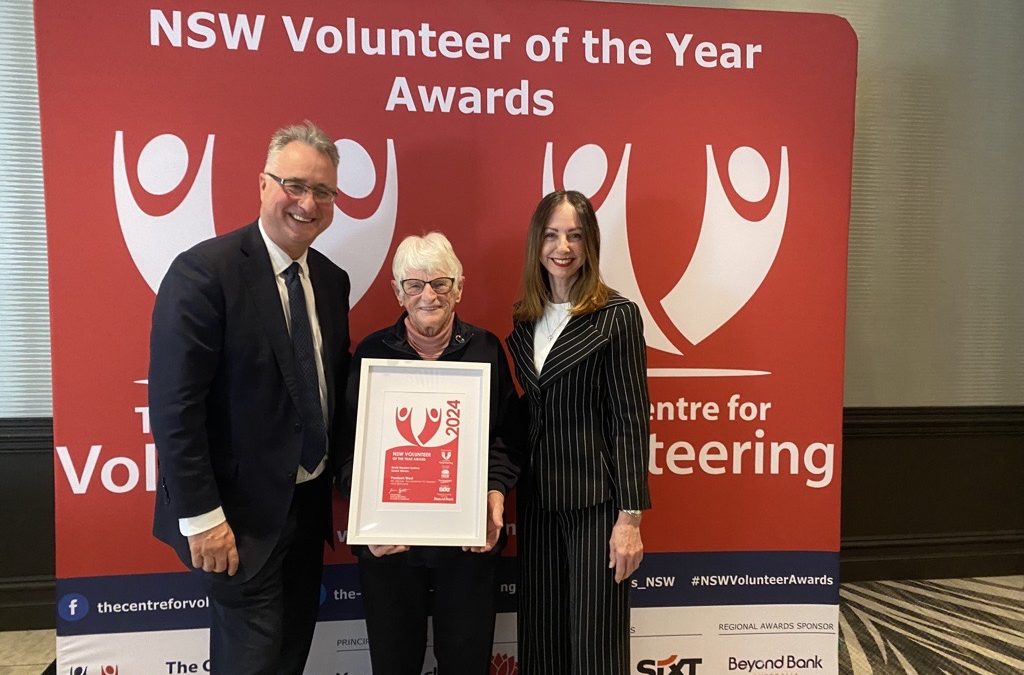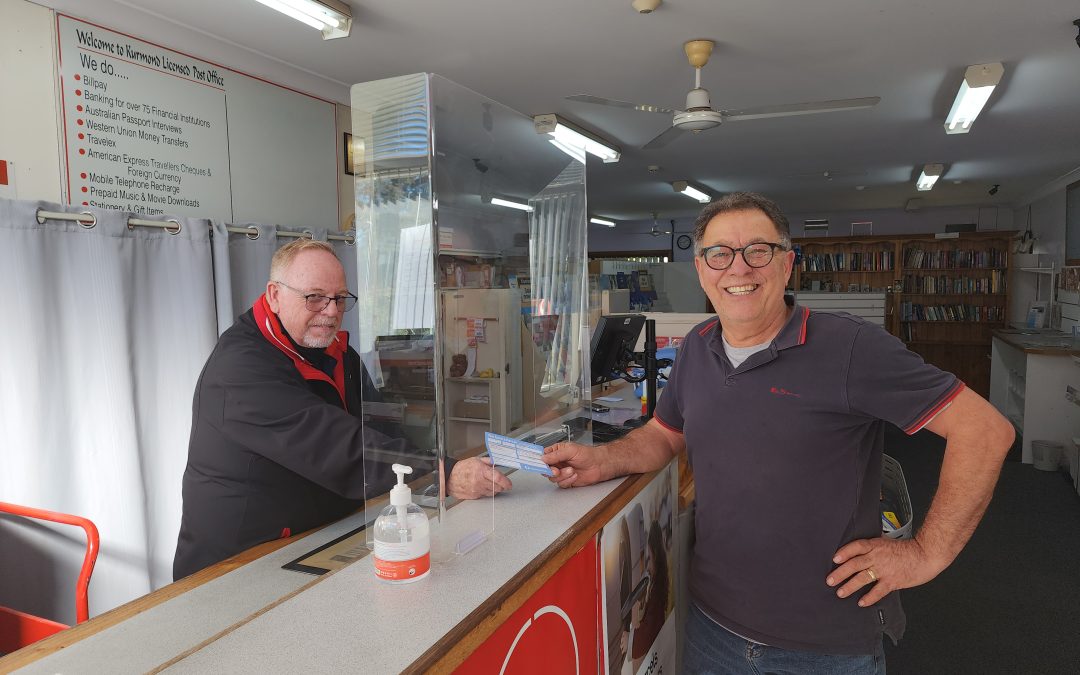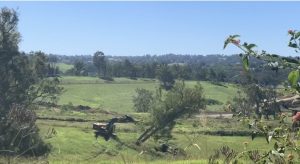Hawkesbury Post contacted all...


Hawkesbury Post contacted all...

In a heartwarming recognition of community...

After more than two decades of dedicated service, the...
Michael Sainsbury.
The Hawkesbury is an ideal place for the Albanese government’s new plan to pay landowners to maintain biodiversity, according to the Federal Member for Macquarie Susan Templeman.
The new legislation being presented to Federal parliament this week has the potential to change the dynamics of private land in regions like the Hawkesbury where keeping and creating the corridors and stepping stones for native wildlife that takes them from one safe bush area to another through a very inhabited land is becoming more and more difficult,” Templeman said
Under the nature repair market landholders, like farmers, and conservation groups can undertake projects to enhance or protect existing habitat, as well as projects to establish or restore habitat. Projects can be on land, lakes and rivers or in marine and coastal environments. The market will operate in parallel with the carbon market, facilitated by having the same regulator. Projects will be issued with a certificate that can be sold on to another party.
“This bill before us provides an opportunity to further protect the integrity of this World Heritage listed area where it’s bordered by private and public lands,” Templeman said, noting that wildlife groups has branded the Hawkesbury City Council as the “Koala Killer Council.”
“We’re establishing a nature repair market to make it easier for businesses, organisations, governments and individuals to invest in projects to protect and repair nature, and the lands of the Blue Mountains and Hawkesbury that are not national park strike me as an ideal place for this work. We know there’s already an appetite.”
She made the comments in a speech in Federal Parliament today (June 15) in support of Environment Minister Tanya Plibersek’s landmark Nature Repair Market Bill 2023, Nature Repair Market (Consequential Amendments) Bill 2023 which the government says is world leading.
Templeman’s speech and comments come amid ongoing controversy about the Hawkesbury City Council’s adoption of the Rural Boundary Clearing Code – a move that only passed by the casting vote of then mayor Patrick Connolly. HCC is the only council within the Sydney basin to adopt the code.

Land clearing at Redbank, North Richmond. Nature corridors are increasingly under threat in the Hawkesbury.
Critics say the Code was especially developed for large landholdings west of the dividing range and allows developers to clear land that is home to endangered native species such as koalas and spotted quolls, in the Hawkesbury.
She noted that a few weeks ago she attended a forum with close to 50 landowners, wildlife carers, the Bilpin and Colo valley Landcare groups and other community members who gathered in the Hawkesbury to learn about the Great Eastern Ranges initiative, which is partnering with the Hawkesbury-Nepean Landcare Network and WIRES to support wildlife by restoring and creating glideways, flyways and stepping stones.
“This involves projects to improve, expand and protect habitats and track recovery, restoring private lands and installing nest boxes for a host of animals, including greater gliders, spotted-tail quolls, powerful owls and koalas.”
The Sydney Basin Koala Network estimates that 80 percent of koala habitat in the Hawkesbury was destroyed by the Black Summer bushfires. Science for Wildlife research shows that the koala population had been vastly underestimated in the region until recently, and they’re tracking the recovery of this highly genetically diverse bunch of koalas.
“So safe habitat on the peri-urban interface has become critical to their survival,” Templeman said.
“Many of us realise the importance of the Hawkesbury and the Blue Mountains for koala survival, and the meeting at Kurrajong Heights showed there is a desire by private landowners to improve the integrity of the bush they have on their land, and this Nature Repair Bill provides an even more ambitious pathway.”
Serious concerns about Hawkesbury council’s record on koalas
Still, some believe that the proposed new Bill does not go far enough.
“The test for success of a nature repair market must be whether it delivers genuine benefits for nature. Linking nature repair to the generation of offsets risks facilitating the destruction of more existing wildlife habitat,” the Australian Conservation Foundation said.
“I welcome the government’s intention in legislating to protect our diminishing and precious biodiversity. But I am concerned that its plans will not ensure integrity. That’s why I am moving several amendments designed to make it fit for purpose,” Independent Federal MP Zoe Daniel told parliament.